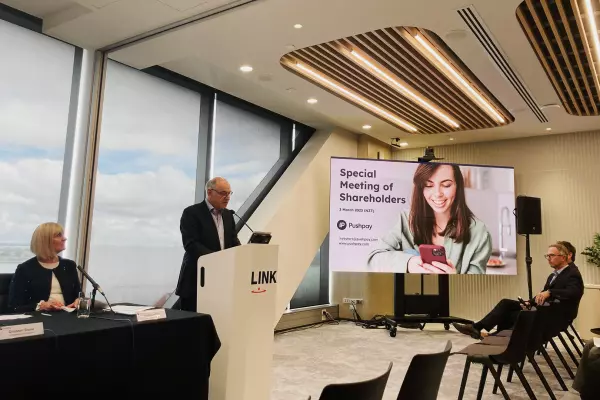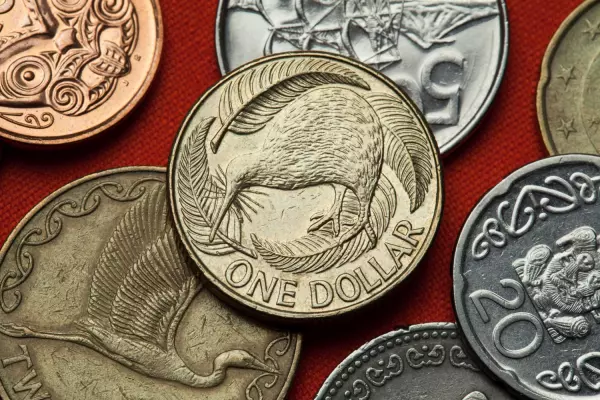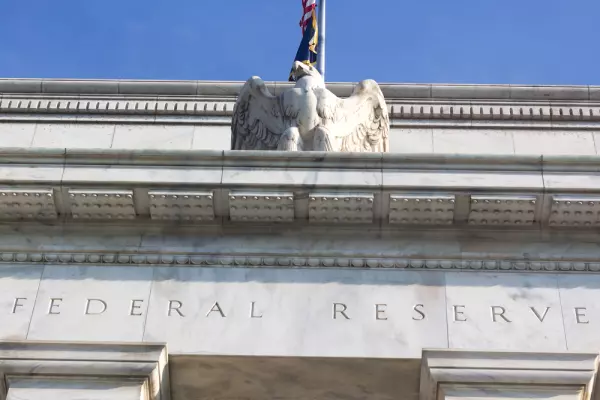Air New Zealand’s comprehensive recapitalisation plan is a sprawling beast that must accommodate its large number of retail shareholders, but it is kinda complicated.
Here’s what you need to know about what is happening and how to take part:
First up, why does it need money?
The airline would likely have gone bankrupt when the pandemic hit in 2020 without the NZ government providing it with emergency funding to keep it afloat.
This wasn’t unique to Air NZ, lots of NZX-listed companies raised capital from the market to protect them from the pandemic disruption. Some good examples include Serko and Auckland International Airport, which both needed big cash injections to keep operating.
Rather than raise capital during the crisis, Air NZ received emergency funding and support from the government, which owns a 52% stake in the airline.
It is now raising capital to pay back that debt and give it enough cash to rebuild the business with borders open and international travel back on the cards. It is aiming to recover to 2019 levels in the next three years.
How does the raise work?
There are different ways to raise capital, but the most talked-about way is by issuing new shares in the company and selling them.
Air NZ currently has 1.1 billion shares on issue and plans to issue another 2.2b to sell to its shareholders. This makes each individual share worth less as it represents a smaller fraction of the company than before; this is called ‘dilution’.
The raise is structured as a 2-for-1 pro-rata renounceable rights offer, which is a fancy way of saying each shareholder will be able to buy two shares for each share they currently hold.
Air NZ will use the $1.2b it earns from selling these shares to pay back debt and fund business operations.
How do I buy my shares?
If you are a current shareholder, you can apply to exercise some, or all, of your rights by applying online before 5pm, May 2.
If you own your shares through a platform like Sharesies, you will need to instruct it to purchase the shares on your behalf.
Your percentage stake in the airline will not change if you take up your full entitlement. But if you don’t, your stake will be reduced by 67%.
Shareholders who want to increase their stake can apply to participate in a ‘shortfall bookbuild’ on May 3, which is a special type of auction used to set a price for unclaimed shares.
You can also take part in the bookbuild through participating share brokers, if you are with Sharesies they will contact you by email to explain your options.
What if I don’t want to buy more shares?
That is where the “renounceable” part of the offer comes in. If you don’t want to exercise your right to buy shares, you will be able to sell that right to somebody else on the NZX.
To do this, you will need to instruct an NZX firm – such as Sharesies – to list your rights on the exchange where they will be traded.
The price of the rights will be linked to the market price of regular Air NZ shares on the market.
For example, if the airline’s stock was trading at 65 cents per share, the right to purchase shares at 53 cents might be worth up to 12 cents.
But if the stock was trading at 54 cents, the rights may not even be worth 1 cent.
Sounds complicated, can I just leave it, and do nothing?
Apathy is always an option. If you don’t do either of these things your rights will lapse and the shares you would have been entitled to buy will be sold in the bookbuild instead.
You could still receive some money in this scenario. The bookbuild auction will have a minimum price of 53 cents and you will receive any extra cash above that floor price.
Again, purely theoretically, but if the bookbuild cleared with a 65-cent price then you would receive 12 cents per share. But there’s no guarantee investors will pay more than 53 cents.
Why are the new shares being offered so cheap?
The 53-cent offer price is a massive – more than 60% – discount to the market value prior to the raise, but it is not as big a discount as it first appears.
Remember how we talked about dilution earlier? Dilution lowers the value of each individual share, so the equity raise must be priced with that in mind.
The $1.38 price that Air NZ shares were trading at on the market on Wednesday becomes 81 cents when you spread that same valuation across all the new shares that will be issued.
So, the raise is priced at a 35% discount to that theoretical 81 cents per share the market was willing to pay prior to the capital raise.
It is still a big discount from the market price, and this is because professional investors were not willing to pay anywhere as much as the public was.
Most professional valuations ranged between 80 cents per share and $1.10, compared to the approximately $1.40 the stock was trading at in recent weeks.
Because Air NZ needed professional investors to ‘underwrite’ the capital raise – which means a promise to buy all unclaimed shares – they had to offer them at their price, not what the market was paying.
Why are professional investors unwilling to pay more?
Even before the pandemic, airlines were seen as being high-risk businesses to invest in. They are super sensitive to economic conditions and have extremely high operating costs.
Analysts are concerned the company is still losing money and the timing of its earnings recovery is still very uncertain – although Air NZ is targeting profitability in 2025.
There are still serious risks that border settings could change, fierce competition could emerge as airlines battle amid lower consumer demand, or that fuel costs continue to rise.
The airline is putting on a brave face and has put together a plan, but the operating environment is still very cloudy.
Investors want a low price that reflects the level of risk.
On Thursday, investment bank Jarden gave the airline a 12-month target price of 65 cents and Craigs Investment Partners said it was worth 63 cents.
What other things is Air NZ doing to raise capital?
The equity raise is the most important element, but it is also restructuring its government debt.
It will issue $600m of redeemable shares – this is a type of share the company can choose to repurchase at any time – to the government but intends to buy back $400m of them using money from commercial debt in June.
The government will also offer an additional $400m debt facility the airline can draw from if it needs to. This is effectively a pre-approved loan that it can call upon at any time, but it doesn’t pay interest on it until it does call upon it.
$850m of the money it raises will be used to repay its pre-existing government debt, while about $950m will go into the company’s accounts to fund operations.














